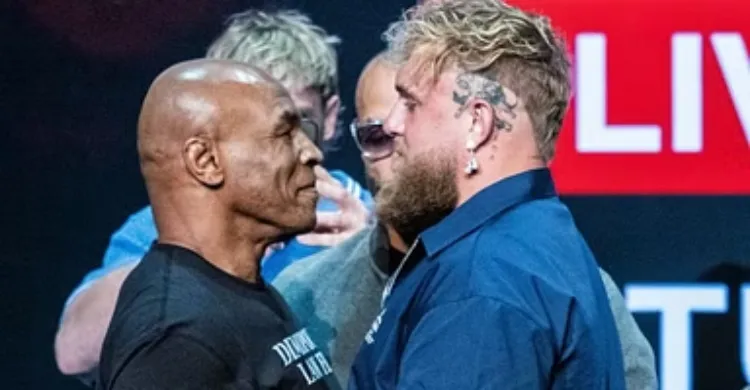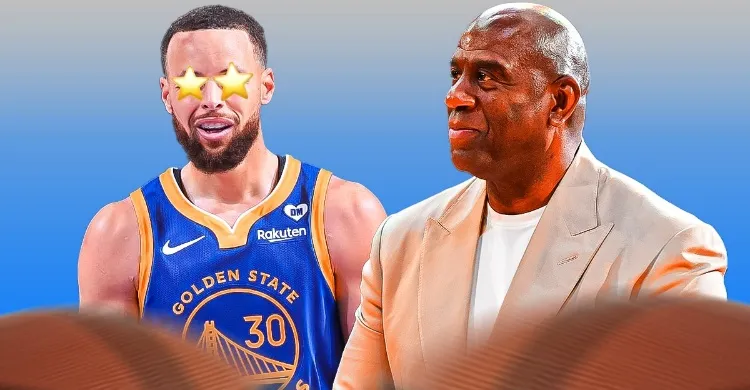Superman has been one of the most important figures in the DC Universe since his first appearance in 1938. Everything known about DC Studios' Superman reboot suggests that the character's legacy will remain critical to his future. This means that exploring that legacy and pulling apart details from the hero's previous movies may be critical to understanding his future. While Superman has undoubtedly evolved and changed through the years, understanding the words used both by him and to describe him can help to place the iconic hero in context.
Until now, only three actors have played the Man of Steel in live-action, big-budget films. While Superman has had 13 animated films, and has appeared in multiple TV series and serials, his big-screen realization is encapsulated only by the performances of Christopher Reeve, Brandon Routh and Henry Cavill. Each performer brought something very different to the role, and was able to create a version of the hero that best represented their respective eras. Looking back on the quotes from these films helps to understand the context of Superman throughout the years.
7 "I'm Here To Fight For Truth, Justice, And The American Way"
Superman Says To Lois In Superman: The Movie
This line provides the fundamental ethos of the Superman character. Drawn directly from the comics, this quickly informs all of what Superman represents. Notably, this has also been seen as a Superman quote that has aged poorly, and while this may be partially the case, it is worth understanding as the basis of the hero's outlook. While DC has since removed the American part of the hero's catchphrase, it is a genuine component of his identity, for good or for ill. Being American and fighting for the American way is part of what drives Superman.
This line is memorable and shines in the glow of heroism, but there is also a darkness to it. As was examined in the comic book Superman: Red Son, the place where Kal-El arrives on Earth will influence and shape so much of his worldview. Truth, justice, and the American way were instilled as values in Clark as a child, and those have shaped his outlook. While the American way may no longer represent what it meant in 1978, this evolution of meaning is still important to Superman’s character.
6 "Kneel Before Zod"
General Zod To The President In Superman II
Quotable and iconic, Terrence Stamp turns General Zod into a terrifyingly theatrical villain with this simple line. In an unusual uniform resembling a bathrobe, Zod's incredible power is displayed in how he challenges the world and its leaders. Without any fear or doubt in himself, Zod approaches the president and says, "I see you are practiced in worshiping things that fly. Rise before Zod. Now kneel before Zod." This line effectively creates a villain who is genuinely otherworldly and terrifying.
With his strange, spacey outlook and his disconnection from the human world, Stamp's Zod feels above everyone and everything around him. He is operating on a different plane from humanity, and his outlook is packed with violent potential. His disdain for humanity is so profound that he sees himself as so high above them that they are not even worth thinking about. Their survival can only be allowed if they bow down before him. With this simple line, the entirety of Zod's terror is encapsulated.
5 "Any Man Who Can Trick My Machine Can Do Anything"
Gus To Superman In Superman III
Superman III reflects on the use of technology in convoluted ways, including the manipulation of weather satellites to ruin coffee crops. The villain, Ross Webster, says, "Computers rule the world today. And the fellow that can fool the computers can rule the world himself." When Superman stops their plan, Gus' reflection on his abilities comes to the front. Beyond the physical barriers that Superman has been able to transcend in his previous appearances, his ability to manipulate machinery becomes evident here.
With this line, a whole new dimension is provided to the Superman character. His powers transcend the analog and move into the digital sphere, yet it is all for good, not for ill. While the film is not especially insightful, these lines are prescient of the direction that technology would follow. Machines have only become more important to the daily lives of people. A quote like this one, spoken casually, actually reflects heavily on the state of the world today, and the importance of a hero like Superman.
4 "I Thought I Could Give All The Gift Of Freedom From War But I Was Wrong. It's Not Mine To Give"
Superman Addresses The UN In Superman IV: The Quest for Peace
Similar to the ending of Aquaman & the Lost Kingdom, Superman IV closes with the titular hero making a speech to the United Nations. In this scene, he reflects on his powers and abilities. Showing some growth over the course of his four films, this last appearance of Christopher Reeve's Superman reflects on there being limits to his own ability. Superman cannot be all things for all people at all times; he can be an important symbol, but humanity must also take action themselves.
While much of Superman IV is ineffective, the eventual realization of limits to Superman's power is an excellent closing to the film. With this line, inspiration is passed to the audience and the public at large. Superman is here to help, but he is not the arbiter of how humanity can function, and nor should he be. Serving as an inspiration is an effective path for the Superman character, but using that power unilaterally can only lead to chaos and destruction. This narrative underscores the crucial role of humanity in shaping its own destiny.
3 "Gods Are Selfish Beings Who Fly Around In Little Red Capes And Don't Share Their Power With Mankind"
Lex Luthor Explains His Outlook In Superman Returns
Following Superman IV's developing outlook on heroism, Superman Returns allows Lex Luthor to reflect on Superman's existence. While pompous and catchy in his phrasing, Luthor comes off as petulant, although there is a hint of truth to what he is saying. By reframing the superhuman figure, the villain's motivations are made somewhat clearer. Superman cannot be all things for all people, and that means that some are going to see him as a villain rather than a hero. People like Luthor can imagine other ways to use his powers and find jealousy in that.
The mere existence of Superman challenges so many conceptions of life, and contending with that would be a difficult task. While Luthor is often cartoonish in his evil plots and theatrical in his dialogue, confronting the reality of an ambitious man being taken down with ease by a godly figure is a frustrating realization. Lex hates Superman for what he represents, and dialogue like this helps to illustrate and explain that effectively to the audience.
2 "You Are My Son"
Jonathan Kent To Clark In Man of Steel
One of the most effective scenes in the film, packed full of emotion, the theme of found family that is so important to Clark Kent's growth on Earth is explored in Man of Steel so simply. The connection between Clark and Jonathan feels authentic. When Clark asks, "Can I just keep pretending I'm your son?" the emotion in his voice transcends the screen. When Jonathan Kent takes him in his arms and assures him that he is his son, the bond between Superman and his adoptive parents is clearly displayed.
Superman's story is of found family. The story of the Kents taking in Clark and raising him as their own is the entire Superman story in miniature. Kal-El's love for his adoptive parents is a core theme of Henry Cavill's iteration of the character. Director Zack Snyder has explained that it was Clark's trust in Jonathan's belief that he shouldn't reveal himself to the world yet that led the young Kryptonian to allow his father to die, despite having the ability to save him. Further, it was Clark's love for Martha that ultimately saved him from being killed by Batman.
Kal-El is not from Earth, but humanity has taken him in and has raised him as one of their own. Because of this, he gets to be a human being and think, act, and participate in the world as one. This shared love constructs so much of what Superman is and represents, and nowhere is that clearer than in this simple, emotional scene between Clark and his adoptive father.
1 "If God Is All-Powerful, He Cannot Be All Good. And If He Is All Good, Then He Cannot Be All-Powerful"
Lex Luthor Speaks About Superman In Batman V Superman: Dawn of Justice
During a scene with Holly Hunter's Senator June Finch, Lex Luthor shares his outlook on heroism and gods, and it aligns with much of what has been explored in previous Superman films. There are limits to what any single figure could and should be able to be. Unbridled power is a danger, no matter who holds it. While Luthor's dialogue here is filtered through a kind of jealousy and is expressed with an uncomfortable level of pomp, there is some truth to what he is sharing.
The impact of superpowered beings on the world is most effective when filtered through Luthor's perspective. Although the villain is conniving and has plans of his own, he is only able to achieve these by convincingly and honestly discussing the downsides of superhuman figures. The balance between goodness and power is an interesting one to consider in Superman and DC Universe stories, and it leaves a lingering, thought-provoking effect after the theme is explored in this film.
Of course, it could be argued that the movie itself proves Superman is, in fact, good. Since Batman V Superman: Dawn of Justice concludes with Superman's death, showing he isn't all-powerful, by Luthor's own logic, it means he is all good. The goodness in Superman is a key element of his character, and this line from Luthor helps prove it.



